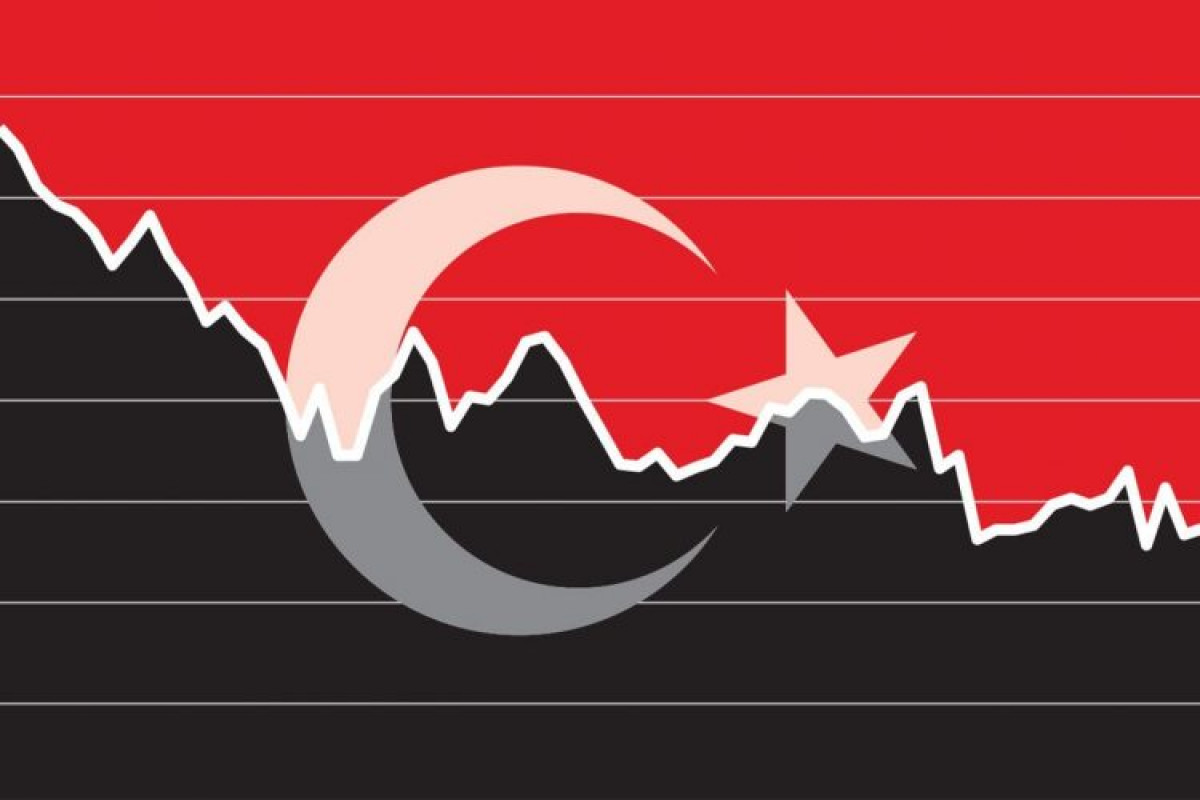 105
105
Turkey is a major oil importer in the Middle East, so any increase in the value of the dollar versus the Turkish lira would have an immediate impact on gasoline and diesel prices.
Turkey’s old transportation fleet numbers more than 25 million vehicles, and the country uses more than 10 million gallons of fuel per day. As gas prices rose, Turkish drivers lined overnight in recent days at gas stations, filling their plastic bins as well as their automobiles. Due to heavy taxes (70 %), fuel prices in Turkey have always been expensive, and each litre of gasoline and diesel now costs 8 lira, while each litre of LPG currently costs 6 lira. In Turkey, LPG is used in the amount of 260,000 tonnes, whereas gasoline is used in the amount of 57 million gallons. When compared to Turkey’s minimum salary, transportation is extremely expensive. Consider that millions of Turkish workers and employees are paid just 3,000 lira per month, enough to purchase only 340 litres of gasoline if spent only for that purpose. Millions of contract workers and day labourers in Turkey are paid a pittance each month as a “minimum wage” or “pay floor.” According to international aid agencies, there are nearly 8 million destitute civilians in Turkey, all of whom are under the poverty line and on the brink of starvation. Turkey has the highest proportion of low-paid workers in Europe. Given the country’s current gasoline shortage, many Turks believe the government should import petroleum from Europe. Europeans, on the other hand, have repeatedly said that their fuel supply is low and will most certainly run out by the end of the year. Turkey, on the other hand, may turn to Iran for help in dealing with its current fuel shortage. But Iran and Turkey are now experiencing political difficulties, and their relations are tense. Even though Turkey’s economic situation has deteriorated, affecting macro indicators severely, Turkey’s strongman, Erdogan, boasts that Turkey has risen to become one of the top ten economies in the world since 2011. Turkey was placed 21st in the world by the International Monetary Fund (IMF) in its most recent assessment. Turkey had previously been placed 20th, indicating that Erdogan had failed to keep his pledge to the 84-million-strong nation. Years of economic instability have damaged Turkey’s currency, which has lost more than 59% of its value since the start of 2018. According to the Financial Times, President Erdogan ordered the dismissal of Turkish Central Bank executives, which caused the Turkish currency to sharply fall. Since mid-2019, Erdogan has changed three central bank governors as well as senior officials in the economic sector. Erdogan, who has controlled Turkish politics for the last two decades, has lately consolidated his influence by establishing unprecedented control over Turkey’s Central Bank. Many economists believe Turkey has strayed off the path of economic progress as a result of Erdogan’s interventionist policies, the government’s constant increase in deficit and debt, and, of course, the shakiness of his economic team. Turkish President has reportedly argued with government officials over the country’s goal of fast growth at any costs, including the risk of hyperinflation. Meanwhile, Erdogan, who dreams of resurrecting the infamous Ottoman Empire and restoring Ottoman glory to Turkey, has been plotting with the Republic of Baku to destabilise the Caucasus and divert Turkish public opinion away from his internal conflicts, redirecting Turkish public opinion to his foreign ambitions.
Comment
Post a comment for this article